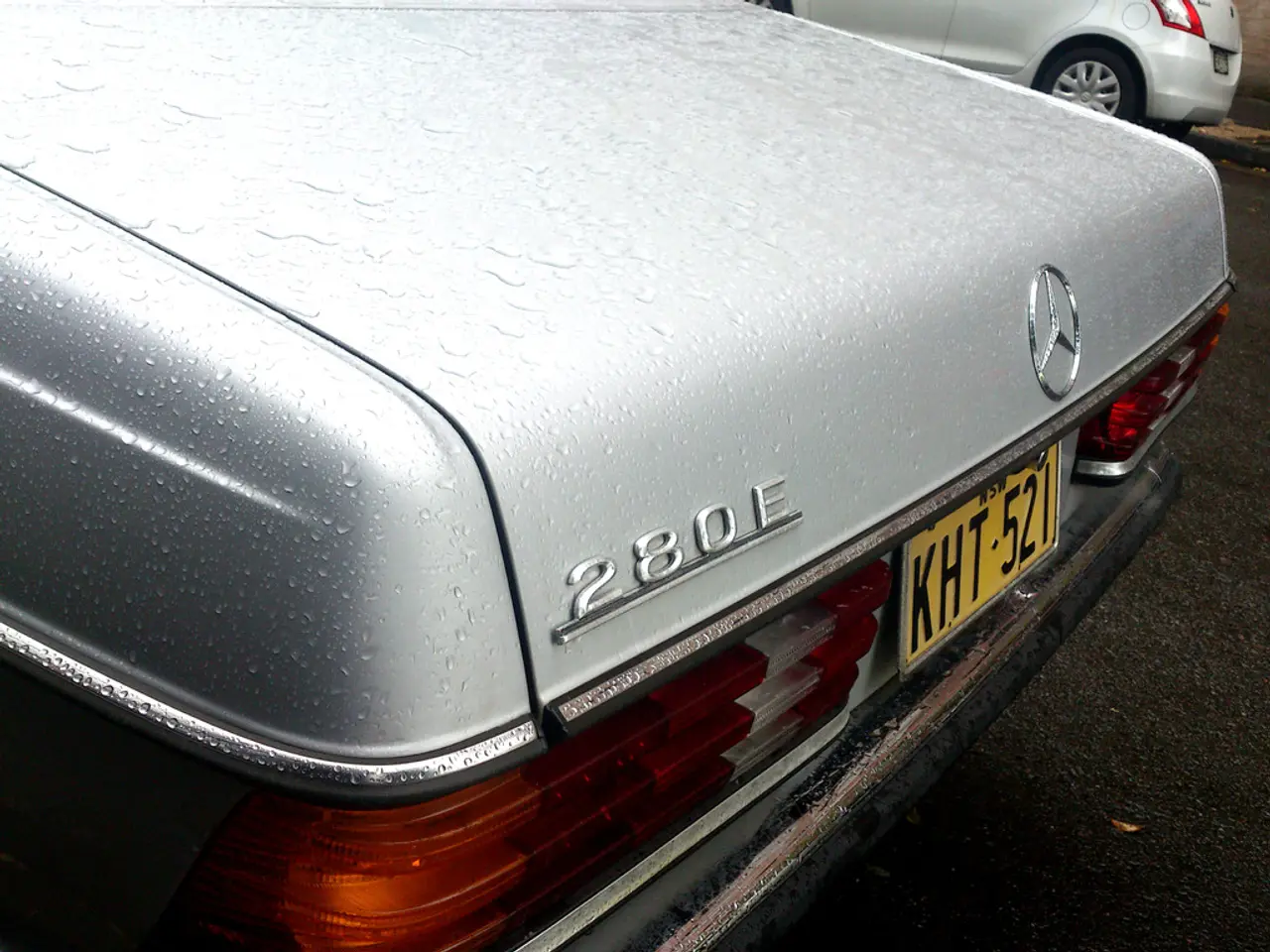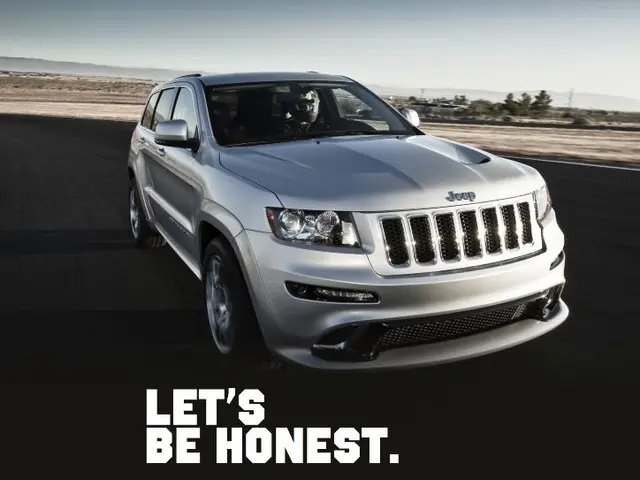Mercedes Halts Production of Electric Vehicles in the U.S. - The Reason Behind It
Mercedes-Benz Temporarily Halts Orders for EQ Electric Vehicles in the U.S.
In a surprising move, Mercedes-Benz has decided to temporarily halt orders for its EQ electric vehicle (EV) models in the U.S., effective starting September 1, 2025. The affected models include the EQS Sedan, EQS SUV, EQE Sedan, and EQE SUV.
The pause in orders is due to a combination of factors, including low demand among American buyers, slowing EV sales, rising dealership inventory, and unfavorable market conditions exacerbated by the recent rollback of federal EV tax credits under the Trump administration's budget changes.
Despite the halt in U.S. orders, Mercedes-Benz will continue to assemble these models at its Alabama plant for global export. The company has temporarily closed U.S. order banks for these EVs to realign with the current market demand in the U.S. However, Mercedes-Benz has not announced a reopening date for U.S. orders, citing competitive reasons.
To address weak demand, Mercedes-Benz plans to cut prices between 4% and 16% for the EQE and EQS models starting with the 2026 model year and running down existing inventory in dealerships.
The automaker's representative believes that demand for battery-electric vehicles (BEVs) in the U.S. will not drop to zero, but the acceptance rate may increase at a slower pace due to new regulatory paths. This optimistic outlook is backed by the company's confidence that the medium- to long-term acceptance rate of BEVs in the U.S. will continue to rise.
The Alabama plant of Mercedes-Benz started producing the EQS SUV and EQE SUV in 2022, and the Mercedes-Maybach EQS SUV was added in 2023. The plant continues to produce electric SUV models, despite the temporary halt in U.S. orders.
Industry experts had warned that removing the tax incentive could make electric vehicles too expensive, affecting companies like Tesla, Cadillac, and Chevrolet. Mercedes-Benz sold 35,027 units of BEVs in the second quarter of the year, a decrease from 45,843 units in the same period last year.
During a conference call on Wednesday, a representative of the Mercedes-Benz Group expressed confidence that U.S. interest in electric vehicles would recover over time. The company remains committed to optimizing its production network to quickly adapt to market conditions.
In its second-quarter results report, Mercedes-Benz stated that sales of battery-electric vehicles (BEVs) had decreased by nearly 25% compared to the same period last year. While the current market conditions are challenging, the demand for electric vehicles is expected to rise again in the future, according to a spokesperson for the German automaker.
Mercedes-Benz operates over 30 plants worldwide, including those in Alabama and South Carolina. The company continues to produce all models intended for export to global markets and adjusts to local market demand.
In conclusion, Mercedes-Benz has temporarily halted orders for its EQ electric vehicles in the U.S. due to unfavorable market conditions. The company plans to address weak demand by cutting prices and running down existing inventory, while continuing to produce electric SUV models at its Alabama plant for global export. Despite the current challenges, Mercedes-Benz remains optimistic about the long-term acceptance of electric vehicles in the U.S. market.
What factors contributed to Mercedes-Benz's decision to temporarily halt orders for its EQ electric vehicles in the U.S.? Apart from general-news like the rollback of federal EV tax credits, technology advancements in the finance sector also play a significant role in the future of electric vehicle adoption.







